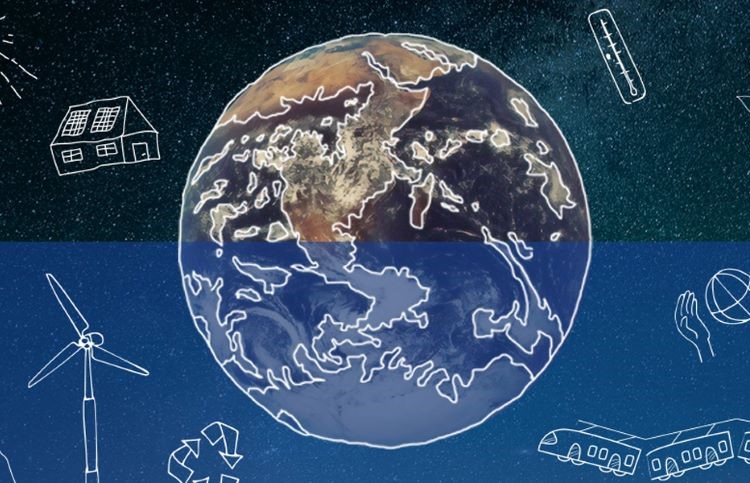The Diplomat
Spain will receive nearly €869 million from the EU’s Just Transition Fund (FTJ) to help it “firmly advance in the transition towards a climate-neutral economy in a fair way,” the European Commission said yesterday.
According to Brussels, “Spain is on track to phase out coal for energy production ahead of its initial planning of 2030”, especially after the approval of the Just Transition Program and the Territorial Just Transition Plan.
The EU will help deliver a just climate transition in the regions affected by the corresponding closures of coal mines and coal power plants. This includes most notably the region of Asturias, which will receive almost one third of the Spanish JTF funding. Other regions receiving funds are the province of A Coruña in Galicia, the provinces of Teruel in Aragón, León, and Palencia in Castilla y León, Almería, Cádiz, and Córdoba in Andalusia; and a group of municipalities around Alcúdia on the island of Mallorca.
Specifically, The JTF will invest in energy efficiency, circular economy, renewable energy sources (e.g., solar, offshore wind, renewable hydrogen), and the green transformation of the country’s industry in those concerned areas. The Fund will finance a hub for technological innovation in offshore renewable energy and energy storage in A Coruña, support the renovation of public buildings in León to improve their energy performance; and promote an innovative project using microalgae to produce renewable fuels in Cádiz.
In addition, financial assistance will be provided to SMEs and projects that lead to economic diversification, targeting sectors that are considered strategic for these territories. For instance, the JTF will support SMEs in the agri-food industry in Córdoba, in particular in the municipalities affected by the closure of a coal power plant in the Guadiato Valley district. It will also support the Alcúdia Tech Mar initiative, which aims to reconvert the area around the local thermal power plant creating new opportunities for SMEs and spear-heading innovation in the maritime and aquaculture industry. Investments will also focus on incubator services for 160 SMEs and new process or product innovation for 90 SMEs.
Finally, the JTF will pay special attention to the training and reskilling of unemployed persons, SME staff and workers in carbon-intensive industries, developing the qualifications needed for a sustainable development of the territories and for workers to find well-paid jobs. Tailored apprenticeships will foster job creation for young people between 18 and 29 years. Overall, 6,000 jobs are expected to be created in entities supported with the JTF.







